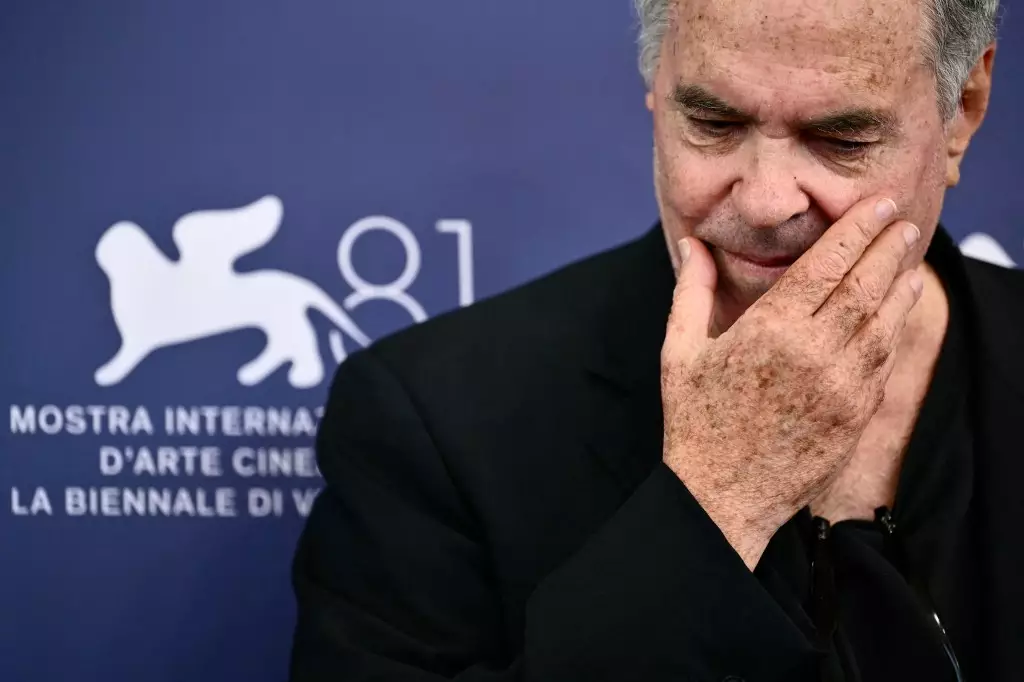Amos Gitai, the Israeli director, has recently faced calls for boycotting his Venice work “Why War.” The calls for boycott came in relation to the ongoing Israel-Palestine conflict. However, Gitai has been resilient in the face of these boycott demands, emphasizing that both sides of the conflict need to reconsider their leadership for peace to have a chance. Gitai’s work, Why War, which premieres at the Venice Film Festival, delves into the deeper roots of human nature’s propensities towards war, drawing inspiration from the correspondence between Albert Einstein and Sigmund Freud in the 1930s.
Gitai clarifies that while his film centers around the theme of war, it is not limited to the Israeli-Palestinian conflict. He describes it as a poetic exploration that transcends geographical boundaries, emphasizing that no single conflict should claim the center stage in a world plagued by various disputes. The film features a talented cast and was filmed across different cities, adding to its universal appeal. Gitai cleverly intertwines the ideologies of Einstein and Freud, discussing themes of greed, industry, and the human soul’s inclination towards war.
In response to the boycott calls from Italian cultural figures, Gitai strongly rebuffs the notion. He highlights his unwavering dedication to promoting peace and dialogue between Israelis and Palestinians throughout his career. Gitai dismisses the boycott advocates, suggesting that their judgment may be premature since they have not viewed the film. He also points out that his production did not receive any financial support from the Israeli government, distancing himself from accusations of contributing to apartheid or occupation.
Despite the grim realities of the Israel-Palestine conflict, Gitai remains optimistic about the prospect of peace. He acknowledges the necessity of removing extremist elements from both sides, citing the need for new leadership that prioritizes dialogue and reconciliation over violence. Gitai’s vision revolves around the idea of dismantling the existing power structures that perpetuate the conflict, paving the way for a fresh start based on mutual respect and understanding.
In a critical assessment of media coverage, Gitai points out the inflammatory nature of news reports that sensationalize violence and destruction. He underscores the role of television in perpetuating the conflict by emphasizing one-sided narratives that fuel hatred and resentment. Gitai’s decision to abstain from showcasing explicit imagery of the ongoing conflict stems from his belief that such visuals only serve to escalate tensions. Instead, he advocates for a more nuanced approach to storytelling that focuses on rebuilding the region despite its tumultuous past.
Amos Gitai’s perspective on the Israel-Palestine conflict offers a refreshing take on the complexities of war and peace. Through his film “Why War,” Gitai invites viewers to reflect on the deeper implications of human conflicts beyond the immediate political landscape. By advocating for dialogue, understanding, and the removal of extremist elements, Gitai presents a hopeful vision for a future where peace can prevail. As he challenges conventional media narratives, Gitai encourages us to seek alternative ways of engaging with contentious issues, ultimately aiming to foster a more harmonious world.

